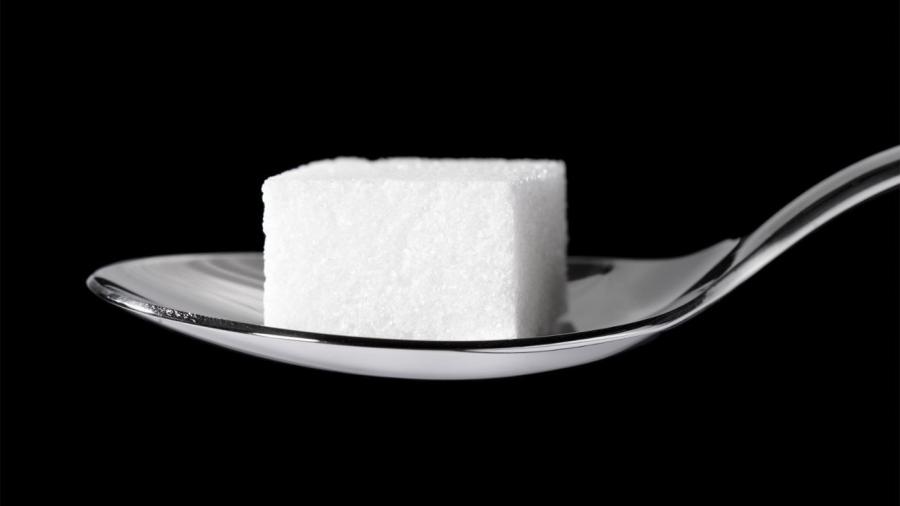How Did the Colonists React to the Sugar Act?

The colonists were angry about the Sugar Act largely due to the economic consequences and the implications it had on their freedom.
The Sugar Act added a tax of three cents on refined sugar. It also increased import taxes on non-British coffee, certain wines, textiles and indigo dye, and it banned French wine and foreign rum importation.
Details About the Sugar Act This Act passed on April 5, 1764. Previously, the Sugar and Molasses Act was in place from 1733. While the Sugar Act lowered the tax on non-British molasses by half from the earlier Act, it added over 50 goods to the taxable products list. Additionally, the new Act included stricter enforcement and regulation with many new limitations. The enforcement included higher military presence in the waters and British court systems to punish tax evaders.
Implications of Changes This meant that colonists who were previously getting away with importing illegal molasses and goods were being punished in the new system. During the Sugar and Molasses Act, smugglers that were caught attended a trial by jury, during which they were rarely found guilty. However in the new system, colonists were required to travel to Nova Scotia and tried by a British judge at a Vice-Admiralty court. The colonists were angry at having their rights to a trial by jury be taken away from them.
Economic Consequences By forcing people to trade certain key products with England only, the economy was disrupted and hurt dramatically. Both import and export businesses were hurt and did not have the ultimate outcome that the British were hoping for. In fact, the British believed the act would increase trade between the colonists and England. The overarching goal of the act was to increase revenue for the British military. The military required funding because it was in debt from the Indian War.
Colonists’ Reactions Colonists took action against the British in opposition to the Sugar Act. They boycotted English products, and this earned the attention of Great Britain by hurting them financially. In particular, a group of 50 merchants boycotted British-made goods, and some even started manufacturing their own products rather than importing them. The Parliament repealed the Sugar Act after British merchants started complaining due to the financial consequences of the boycotts. The economic recession took a toll on the colonists.
Sugar Act and Rebellion Notably, the Sugar Act was one of the seeds of rebellion and resentment that led to the American Revolutionary War. The feeling was only compounded by the implementation of the Stamp Act, which was a tax on a stamp that legitimized paper. This included wills, newspapers and even playing cards. Unless it had an official stamp, it was not considered legal.
The Repeal of the Sugar Act The Sugar Act was repealed in 1766 due to the anger of the people against it. It’s an example of taxation without representation, since the colonists were being taxed by a government that they did not elect. Many colonists saw these acts as steps towards limiting their freedoms and liberties, and so took the directives very seriously. Dissent became the norm, and colonists took action, mobbing stamp distributors and ships carrying stamps.





